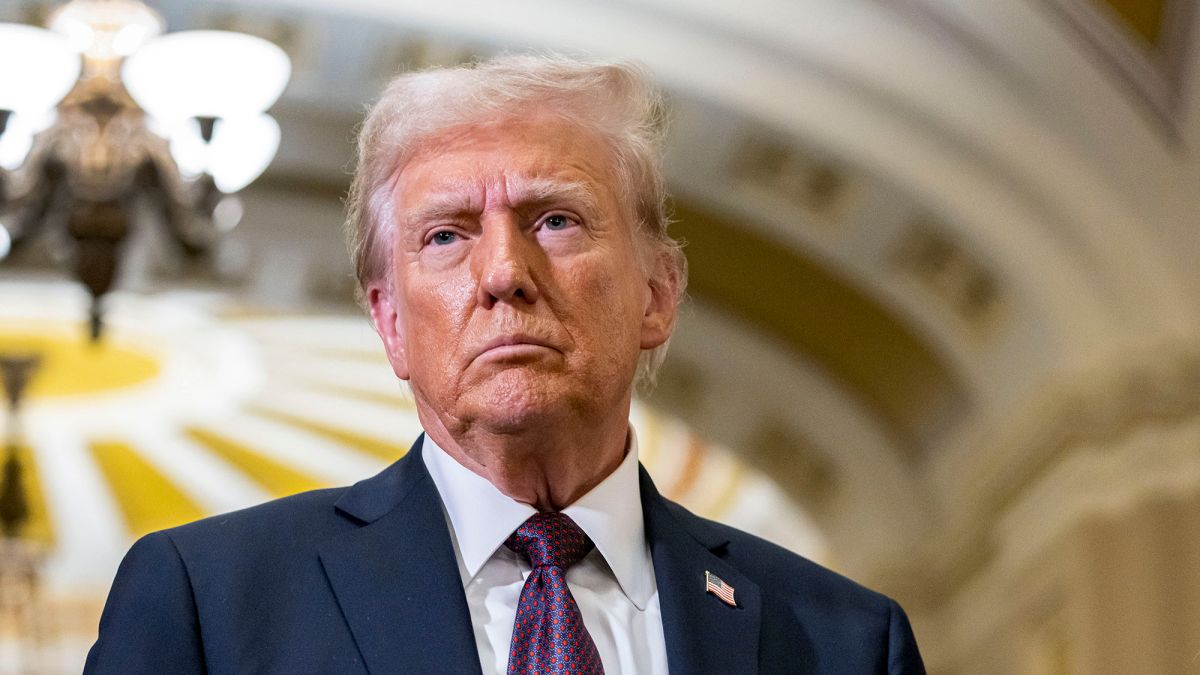US court blocks most of the new tariffs: markets react, Trump looks for a way out
29 May 08:33
The U.S. Court of International Trade on Wednesday issued a ruling blocking the implementation of most of President Donald Trump’s tariffs. The judges ruled that the head of state exceeded his authority by imposing general duties on imports from America’s trading partners, "Komersant Ukrainian" reports citing Reuters.
Trump has no right to set trade tariffs
The panel of judges noted that the US Constitution grants Congress the exclusive right to regulate trade with other countries, and presidential emergency powers cannot change this. The court issued a permanent injunction against all of Trump’s tariff orders issued since January of this year.
The president used the International Emergency Economic Powers Act (IEEPA) to impose 10% tariffs on all imported goods. This law has historically been used for sanctions against enemies of the United States, not for trade tariffs. Trump became the first American president to use IEEPA in this way.
The lawsuits were filed by five small US importers and 12 US states. The companies, including a wine importer from New York and a manufacturer of educational kits from Virginia, claimed that the tariffs were harming their businesses.
Oregon Attorney General Dan Rayfield called Trump’s tariffs illegal and economically destructive, saying the court’s decision confirms:
“our laws matter, and trade decisions cannot be made at the whim of the president.”
It is important to note that the court’s decision does not apply to some sectoral tariffs on cars, steel and aluminum, which were imposed on the basis of other legislation. At least five other court challenges to the tariffs remain pending.
Читайте нас у Telegram: головні новини коротко
Trump is in trouble
This decision is a serious blow to Trump’s strategy of using high tariffs to obtain concessions from trading partners. It creates deep uncertainty around negotiations with the European Union, China, and other countries.
The Trump administration immediately appealed and questioned the court’s authority. The White House spokesman said that the US trade deficit constitutes a “national emergency” and that “unelected judges should not decide how to respond to a national emergency.”
Trump promised Americans that the tariffs would bring manufacturing jobs back to the United States and reduce the $1.2 trillion trade deficit. Without immediate leverage in the form of tariffs ranging from 10% to 54%, the administration will have to look for new forms of influence.
Market reaction
Financial markets reacted positively to the court’s decision. The US dollar strengthened against the euro, yen, and Swiss franc, while Wall Street futures and Asian stocks rose. Investors viewed the decision as an easing of trade tensions.
Oil prices also rose by more than a percent.
Читайте нас у Telegram: головні новини коротко









